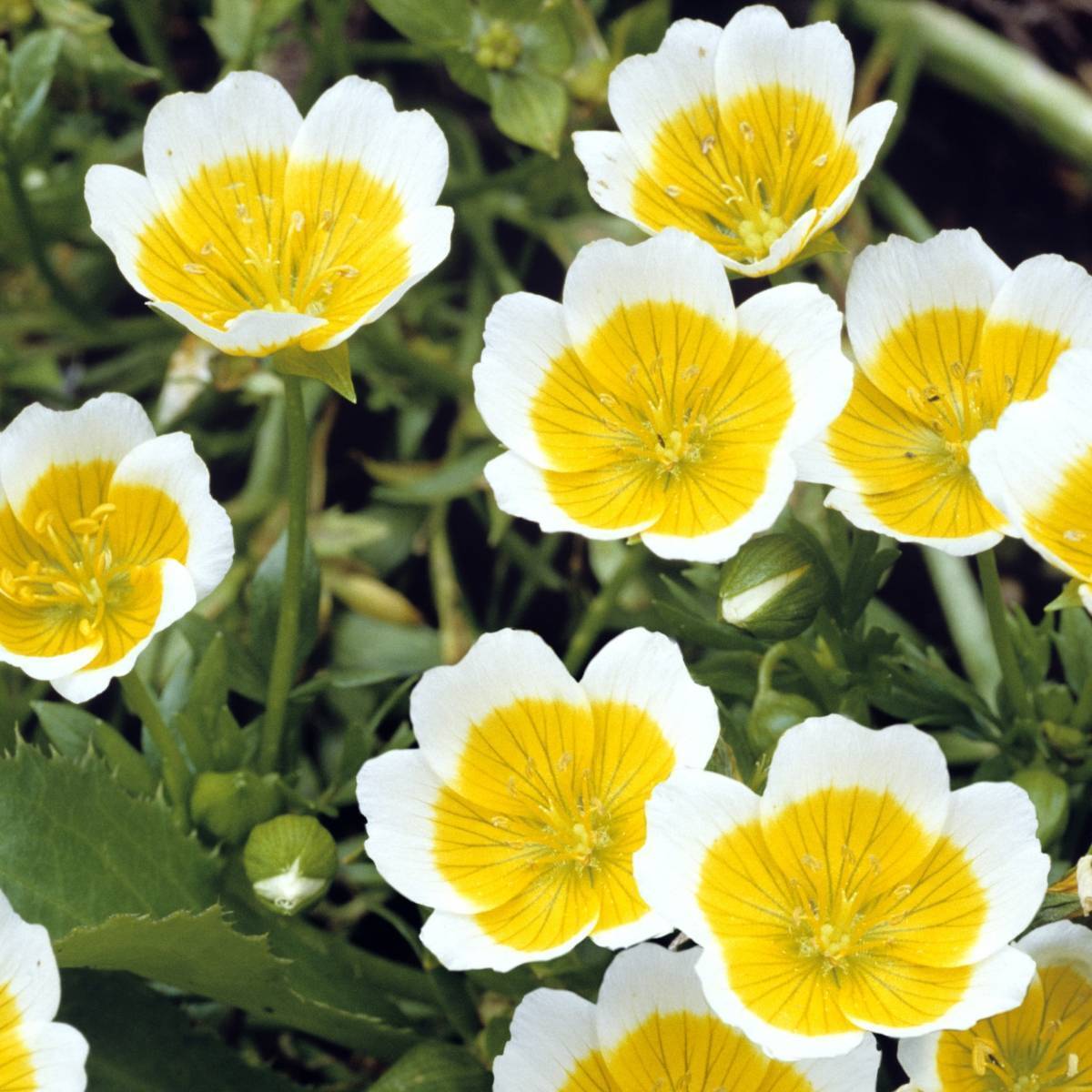
Dhara Seeds
Poached Egg Plant Seeds
Estimated Free Delivery between April 16 and April 19.
Secured Payment Methods
Your transaction is protected with advanced security measures to keep your information confidential
Brighten your garden with the cheerful Poached Egg Plant, a unique and charming addition to any garden space. Known for its delicate, bright white and yellow flowers that resemble poached eggs, this low-growing, spreading plant adds a touch of whimsy and vibrant color to flower beds, borders, or containers. Poached Egg Plant is perfect for attracting pollinators and thrives in sunny spots, offering a long flowering period and creating a natural, sunny atmosphere in your garden.
Features:
- Distinctive Flowering: Bright white flowers with yellow centers, resembling poached eggs, create a unique and delightful display.
- Pollinator-Friendly: Attracts bees, butterflies, and other pollinators, contributing to a healthy and thriving garden ecosystem.
- Long-Lasting Blooms: Provides continuous blooming from spring to summer, ensuring vibrant color throughout the growing season.
- Low-Growing Spreader: Ideal for ground cover or filling in gaps in flower beds, creating a beautiful, natural look.
- Easy to Grow: Hardy and low-maintenance, making it a perfect option for gardeners of all levels.
Specifications:
- Plant Type: Annual
- Bloom Color: White flowers with yellow centers
- Height: 8–12 inches (20–30 cm)
- Spacing: 8–10 inches (20–25 cm)
Light Requirements: Full sun
- Growing Season: Spring to summer
- Soil Preference: Well-drained, moderately fertile soil
Poached Egg Plant offers a joyful, colorful addition to your garden with its unique blooms and easy-care nature. Perfect for filling flower beds, containers, or as a natural ground cover, this cheerful plant attracts pollinators and ensures your garden is full of life and beauty all season long.







